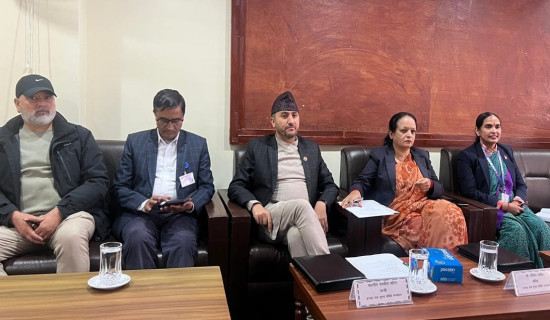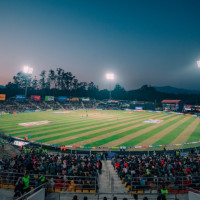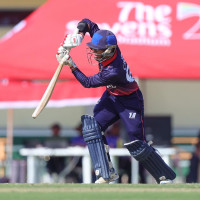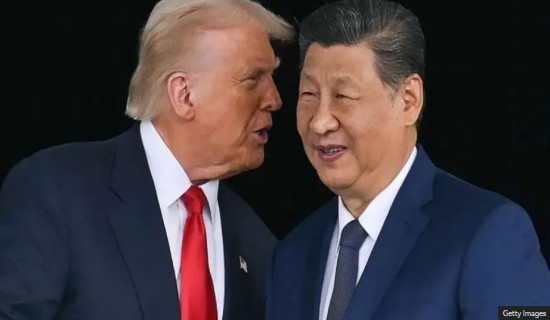- Tuesday, 16 December 2025
Tharus begin preparations for Maghi festival
By Abinash Chaudari,Dhangadhi, Jan. 6: People of the Tharu community in Kailali and several districts have started preparations to mark the Maghi festival. The Tharus celebrate the Maghi, their biggest festival, with much fanfare on the first day of the Magh (15th January this year). The festival also marks the beginning of the New Year of the Tharus.
The villagers have started preparations for Maghi a week before the festival day, said Manoj Chaudhary of Ranamuda in Kailari Rural Municipality-1. Pork is one of the essential items for the festival. The list of the pigs to be killed and meat required is prepared at least 10 days before the festival, he said.
As people are now making preparations for the festival, the songs related to Maghi festival are heard in the Tharu settlements. People are also busy collecting leaves of Sal tree to make leaf plates called Duna and Tapari.
Dhikri, a traditional food item of the Tharus, is necessary for the festival. It is made from rice flour. People are now grinding rice to prepare Dhikri, said Phulranidevi Chaudhary of Mohanpur. “People in the villages are now managing necessary items for the festival,” she added.
The Tharus mark Maghi festival for three days from the last day of Push month. On the first day, they eat meat, rice and other delicious foods. They also sing and dance.
The second day of the festival, the main day is known as ‘Lahan’. The people take a holy dip in the pond, lake and river in the morning and take blessings from the elderly. They exchange greeting each other and eat Dhikri, meat and other food items.
They also make commitment to giving up bad habits on the New Year day. On the third day of the festival, they celebrate ‘khojnibojni’ in household and society. On this day, the community chooses new village leaders, priests, postmen, guards and house leaders for a period of one year.
The festival has both religious and social importance. The festival is an occasion when the previous Kamaiyas (bonded labourers) used to be freed to observe the festival. People living abroad also return to Nepal to mark this festival, said Jaluram Chaudhary, of Basanta Tol, a settlement of the freed Kamaiyas in Dhangadhi Sub Metropolitan City.

















